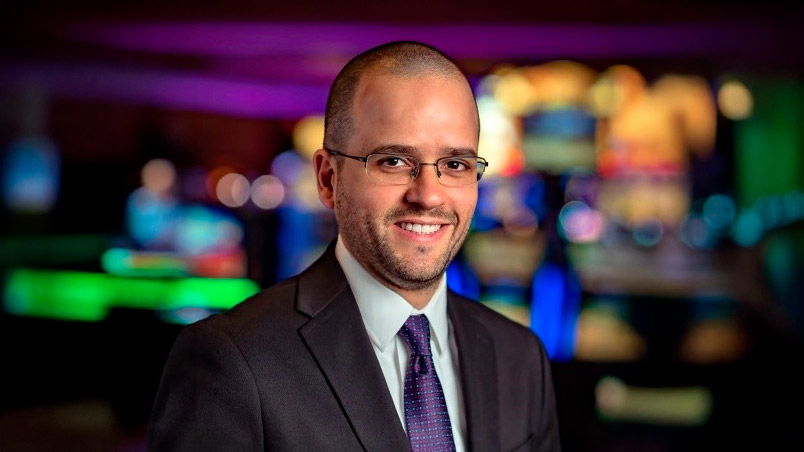Wynn Resorts CEO Craig Billings offers insights into iGaming cannibalization debate

In a recent post on LinkedIn, Craig Billings, CEO of Wynn Resorts, delved into the ongoing debate regarding the potential impact of online casinos on their land-based counterparts. Characterizing the discourse as "reductive," Billings offered insights into the complexities of the issue.
Expressing a neutral stance on the matter, Billings emphasized that Wynn Resorts has largely withdrawn from the iGaming and online sports wagering sectors. He noted that the operator's portfolio primarily consists of luxury resorts, with Encore Boston Harbor being its sole venue classified as a regional casino, which ranks among the highest-grossing properties of its kind.
Addressing concerns about the impact of online casinos on the total addressable market (TAM) for brick-and-mortar establishments, Billings highlighted the entrance of new competitors into states with historically stable gaming dynamics. He cautioned against assuming a uniform impact on all regional casinos, stressing the need for a nuanced understanding of the evolving landscape.
"With the introduction of online casino, you are allowing the entry of many new and capable competitors, often times into states that have had a very stable competitive dynamic for many years,” stated Billings.
"No matter which side of the “cannibalization vs. no cannibalization” debate you are on, assuming that the (positive or negative) impact will be uniformly shared by all regional casinos is pretty naïve."
Craig Billings, CEO of Wynn Resorts
While online casinos are viewed as a significant long-term growth frontier for gaming companies, the fact remains that as of today, that form of gaming is allowed in just seven states, Billings observed.
In contrast, he pointed out that there are approximately 1,000 commercial and tribal casinos across the US, with only a small fraction embracing an omnichannel strategy encompassing both land-based and online operations.
Billings underscored the potential for market share shifts within the gaming industry, particularly among properties owned by large national gaming operators. He emphasized the importance of recognizing the diverse implications for different segments of the market, cautioning against overlooking the nuanced dynamics at play.
“The properties that might actually be able to compete with the digital native online gaming providers are those that are owned by the large national gaming operators,” opined Billings. “What about everyone else? Market share will shift. In land-based gaming, there will be market share winners and losers. No doubt in my mind. As an operator, the TAM doesn’t pay my bills, my share of it does.”
In addition to market considerations, Billings addressed the labor implications associated with online gaming. While land-based casinos are significant job creators, online equivalents tend to be less labor-intensive. Billings highlighted the potential impact on gaming-related unions, particularly in states where online wagering is contentious.
He noted that labor unions may take preemptive action to safeguard their interests, exerting influence on legislators in certain states. Billings emphasized the need for a comprehensive understanding of the multifaceted issues at hand, urging stakeholders to consider the broader implications beyond the immediate debate.
"Don’t expect the unions, particularly in blue states, to just sit back and let online casino happen. They will take a position because that’s their job,” concluded Billings. “They’re not going to pore over analyst reports on cannibalization to form an opinion on the topic. They’re going to act preemptively. And, like it or not, in many states legislators listen to unions.”



















































